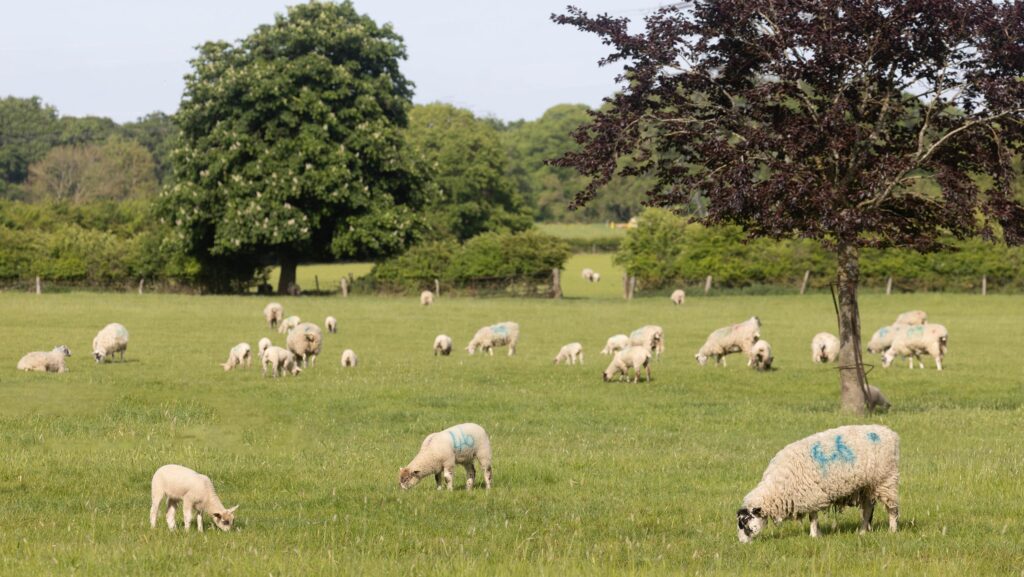Bluetongue restrictions could put dampener on agricultural show season
 © Tim Scrivener
© Tim Scrivener Farmers who are currently in a bluetongue restricted zone could find themselves banned from taking their livestock to agricultural shows this year if current restrictions are not lifted.
The Royal Highland and Agricultural Society of Scotland (RHAS), which runs the Royal Highland Show from 19- 22 June, has already made its policy on entries clear, saying they will not be accepted from any exhibitor in a restriction zone at the time of entry.
See also: Bluetongue restrictions to change in April as new cases emerge
Exhibitors who are placed in a restriction zone between the time of entry and the show start date will be unable to attend, but will be offered a refund.
Outlining their bluetongue policy, RHASS said: “We understand the growing concern surrounding the current bluetongue situation and want to reassure our exhibitors that RHASS and everyone at the Royal Highland Show is taking a proactive and precautionary approach.”
They are closely monitoring the situation and are working in partnership with the Animal Plant and Health Agency (Apha) to ensure the right policies and procedures are in place to prioritise the health and wellbeing of all animals and exhibitors.
“As the legislation around movement restrictions is subject to change, we want to be transparent and that current rules may not remain the same by the time of the show,” a statement added.
‘Could change’
The Royal Bath and West Show ( 29-31 May) has also said that, while at the moment it is working under the assumption it will have livestock, this could change, depending on Apha rules.
Livestock keepers who are in a restricted zone and enter now and are later prevent from attending due to Apha rules will also be offered a full refund up until the show.
If an area is declared a restriction zone after entries close, exhibitors will still be eligible for a full refund, though if Apha rules require animals to be vaccinated or tested to attend and exhibitors do not comply, a refund will not be issued.
Current restrictions
While the UK is currently still in a low-risk period of vector transmission, when midges are unlikely to be infectious, bluetongue control rules remain the same during this period and pre-movement testing exemptions have been extended to 15 May 2025.
An exemption is in place for non-breeding animals over the age of 60 days, which do not need to be tested before being moved out of the restricted zone.
Such an exemption, Apha has said, may end sooner if the risk of bluetongue transmission increases.
However, livestock keepers still need to apply for a specific movement licence to move animals out of the restricted zone.
Cases
The total number of BTV-3 cases in Great Britain for the 2024-25 vector season is 259 (257 in England and two in Wales).
The total number of BTV-12 cases in Great Britain for the 2024-25 vector season is one (in England).
Affected areas
Areas currently under bluetongue restriction are:
- Bedfordshire
- Berkshire (part)
- Bournemouth
- Buckinghamshire
- Cambridgeshire
- Christchurch and Poole
- City of Kingston upon Hull
- City of York
- Dorset
- East Devon (part)
- East Riding of Yorkshire
- East Sussex
- Essex
- Greater London
- Hampshire
- Hertfordshire
- Isle of Wight
- Kent
- Leicestershire (part)
- Lincolnshire
- Norfolk
- North Yorkshire (part)
- Northamptonshire
- Nottinghamshire
- Oxfordshire (part)
- Somerset (part)
- Suffolk
- Surrey
- Warwickshire (part)
- West Sussex
- Wiltshire (additional part)
